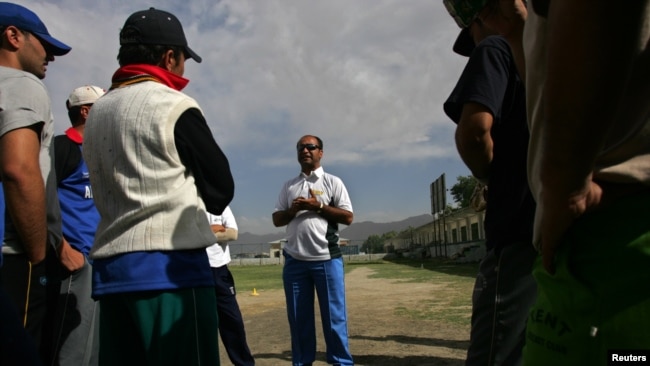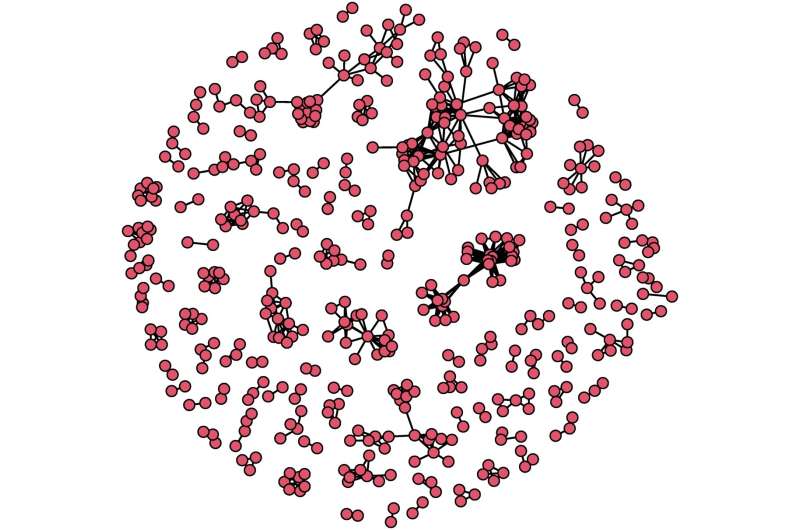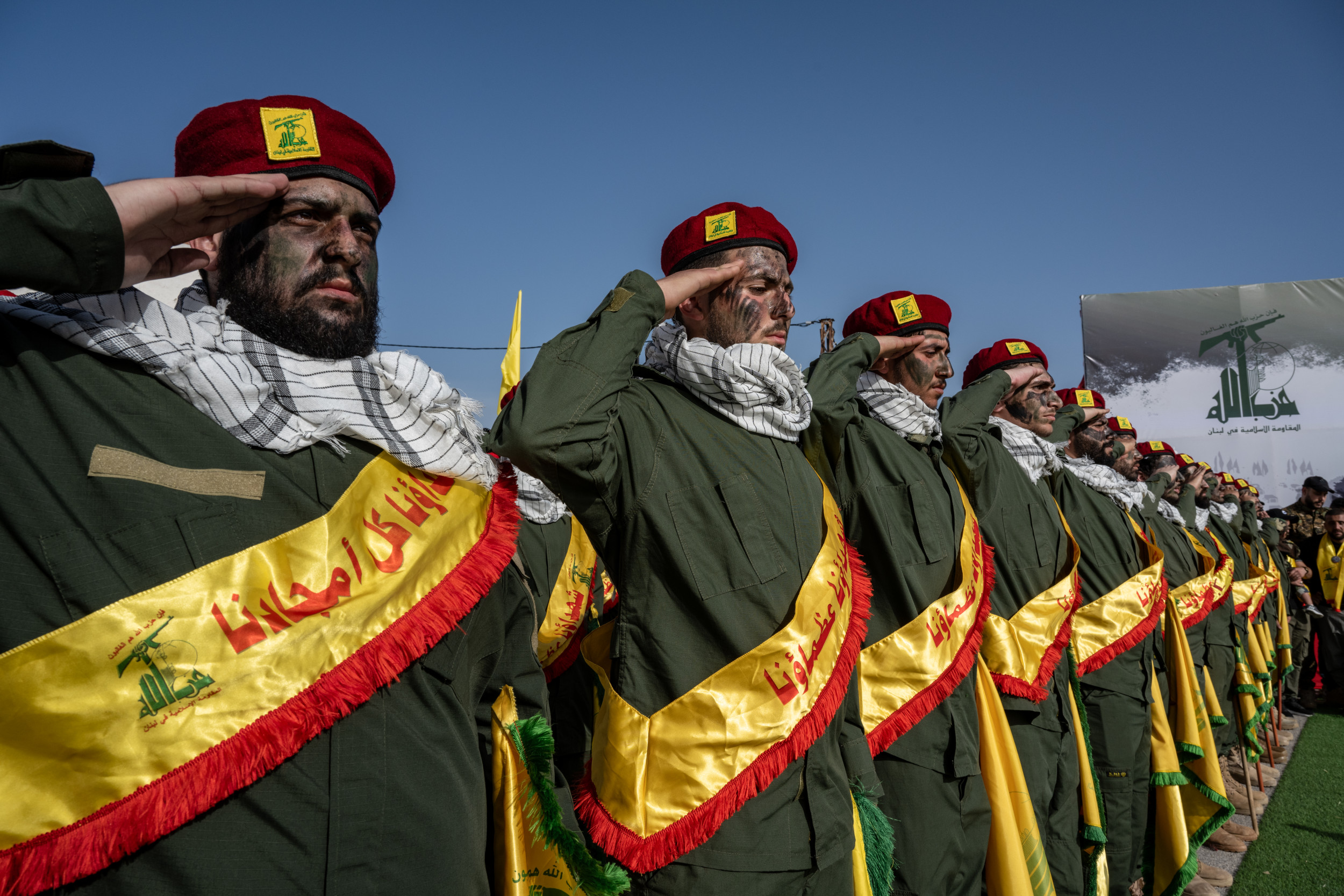
The Committee to Protect Journalists (CPJ) on Tuesday urged Pakistani authorities to investigate a series of violent attacks on journalists that have escalated across the country.
Haider Mastoi, a reporter for Sindh News TV and Times News, was ambushed by unidentified gunmen on motorbikes in Rohri, Sukkur district on May 29. He was shot four times, while his cameraman was assaulted. Both men are now recovering in the hospital.
A day later, Chaudhary Ikhlaq, a correspondent for the Daily Express, was similarly targeted. Ikhlaq, who had received death threats over his critical reporting, was shot by assailants on a motorbike and is also recovering in the hospital.
These incidents are part of a pattern of violence against journalists in Pakistan. Earlier in May, four journalists were killed in separate attacks across Punjab, Sindh, Baluchistan, and Khyber Pakhtunkhwa provinces. Nasrullah Gadani, a reporter for Awami Awaz, was fatally shot in Sindh province on May 21. His bold investigations into local feudal lords and political figures may have made him a target. Journalist Kamran Dawar‘s killing prompted condemnations from UNESCO Director-General Audrey Azoulay. Kamran had received threats for his critical views against militancy. Journalists Ashfaq Ahmed Sial and Muhammad Siddique Mengal suffered the same fate. However, the reasons behind their murder are still unknown.
CPJ reported that, “The killings represent the highest number of journalists killed in the South Asian country in any single month since CPJ began collecting data in 1992″. The attacks have drawn international condemnation and calls for immediate action. Despite multiple arrests by Sindh police in connection with some cases, the overall response from law enforcement has been criticized as inadequate.
CPJ stated that “Since 1992, 64 journalists have been killed in connection with their work in Pakistan”. Due to this, the country consistently ranks on CPJ’s Global Impunity Index. CPJ’s call to action emphasizes the urgent need for Pakistan’s government to protect jouralists and ensure that perpetrators of violence are brought to justice.








 Mark Zuckerberg, CEO of Meta, testifies before the Senate Judiciary Committee at the Dirksen Senate Office Building on January 31 in Washington, D.C. Meta has been accused of censoring pro-Palestinian content in a new lawsuit.... More ANNA MONEYMAKER/GETTY IMAGES
Mark Zuckerberg, CEO of Meta, testifies before the Senate Judiciary Committee at the Dirksen Senate Office Building on January 31 in Washington, D.C. Meta has been accused of censoring pro-Palestinian content in a new lawsuit.... More ANNA MONEYMAKER/GETTY IMAGES NEWSLETTERThe Bulletin
NEWSLETTERThe Bulletin